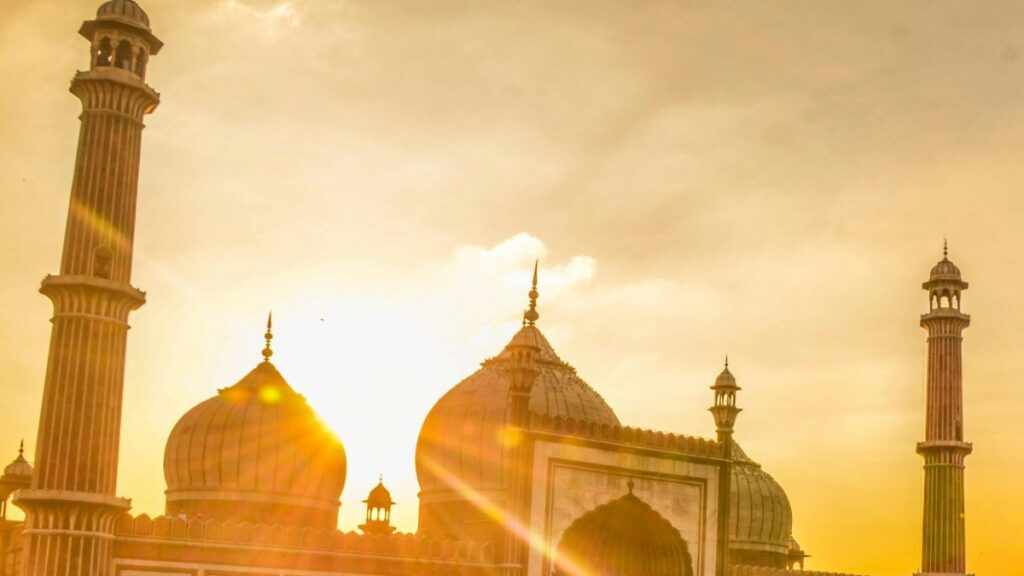Residents of Al Fashir, the capital of North Darfur, are in mourning after a deadly drone strike by the Rapid Support Forces (RSF) targeted a mosque during Friday dawn prayers. The attack left more than 70 people dead, including at least 11 children, according to UNICEF.
The children, aged between six and 15, were among the worshippers killed. UNICEF described the incident as “shocking and unconscionable,” stressing that nearby homes were also hit, injuring many more children.
Community members say the victims were buried in a mass grave inside the mosque. Mohamed Hassan Quba, from Al Fashir’s revolutionary resistance committee, said the burial took place under constant drone surveillance. “We knew it could be a double strike, but refused to stop,” he explained.
Civilian Spaces Under Attack
In the days following the massacre, RSF drones have struck other critical locations. Bombs fell on the Saudi Hospital, the city’s last functioning health facility, already damaged by previous attacks. Another strike killed North Darfur’s secretary-general, Mohamed Abdullah Adam, and his wife in their home.
For 16 months, Al Fashir has endured starvation, shelling, and economic blockade at the hands of the RSF. The attacks are seen as part of a final push to capture the city, a last symbol of regional resistance.
Defiance in Al Fashir
Unlike other towns in Darfur where Sudanese Armed Forces (SAF) have retreated, fighters in Al Fashir vow to resist. The city’s defense is led by the Joint Task Forces, composed of former rebel groups and local residents, including women.
Governor of Darfur and Joint Task Forces commander, Arko Minni Minawi, described the struggle as a fight for survival. “If they surrender, they will be killed. If they fight, they may survive. It is existential,” he said.
Al Fashir now stands at the center of a brutal battle, with civilians paying the highest price.

